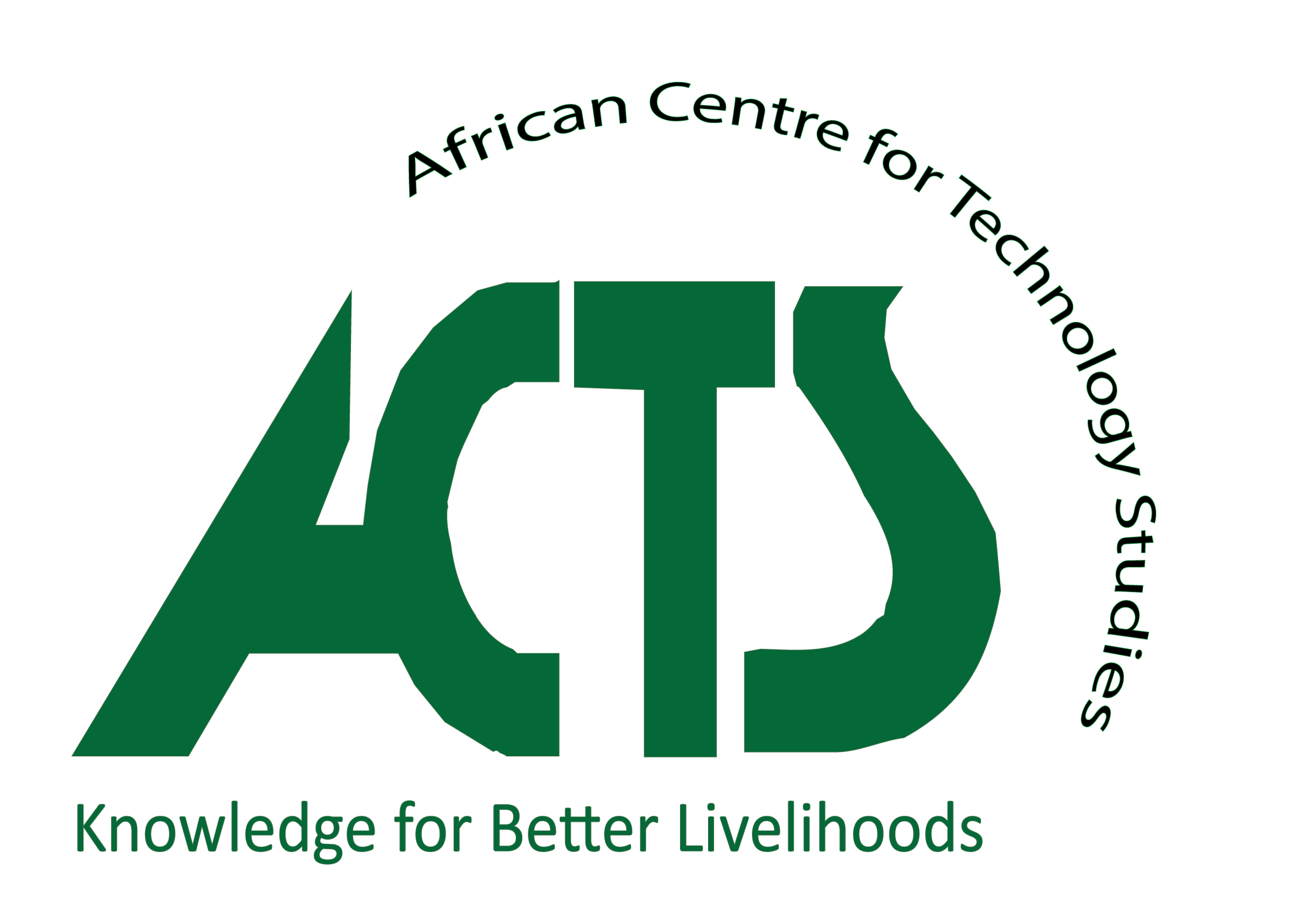Inclusive business models are meant to build women’s a capacity to exploit the region’s economic potential in fishing, small-scale agriculture and tourism
The Blue Empowerment (BE) project is implementing comprehensive and inclusive business models that will enable women in Kenya’s coast to fully exploit economic existing opportunities in the region.
This inclusive business models are meant to build women’s a capacity to exploit the region’s economic potential in fishing, small-scale agriculture and tourism. This is expected to gradually unlock economic opportunities for women and uplift their socio-economic status.
This will be done by providing financial literacy training, microcredit facilities, and savings programs tailored to the specific needs of women. The project will also offer sustainable fishing practices and empowering women fisherfolk by providing training, modern equipment,and market linkages. Meanwhile, women will be trained on sustainable farming practices, access to markets, and value added processing techniques.

Participants of the inclusive business model training in Kwale County during one of the activities.
There will also be training on hospitality, customer service, and product development with specific focus on tourism and handicraft sectors. This will create opportunities for women to establish their own guest houses, tour guiding services, or craft enterprises, enabling them to generate income and showcase their cultural heritage to tourists.
Finally, by equipping women with skills in business management, marketing, and digital literacy, they will have the capacity to seize economic opportunities and overcome gender-based barriers. Additionally, mentorship programs and networking opportunities foster an environment of support and mentorship, empowering women to thrive as successful entrepreneurs. The first phase of training was held in June 2023 where communities in Kwale, Kilfi were taken through fundamental components of the business models.
Apart from Training, the project will be creating a networking platform that connect coastal women with potential customers, suppliers, and collaborators to facilitate valuable business relationships. The project has also leveraged access to financial resources, such as grants specifically designed for women entrepreneurs, to alleviate the barriers they face in accessing startup capital. Lastly, the project is facilitating collaboration and partnerships within local (sub-county) business units and promoting women’s participation in relevant industry associations and networks, to support women-led business thrive and access new opportunities for growth and market expansion.
By combining these elements, the project aims to enhance the capacity for entrepreneurship among coastal women, enabling them to create sustainable businesses and contribute to the economic development of their communities. The project continues seeking partnerships that would accelerate the positive impact realized so far in Kwale, and Kilifi counties in Kenya, and we invite you to be part of the transformation.

BE Project Officer, Bernadette Nazi, guiding one of the trainees during the inclusive business models training in Kilifi County.


